#Science and health
Explore tagged Tumblr posts
Text
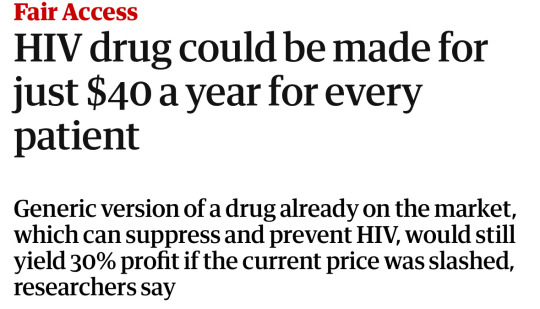


Source
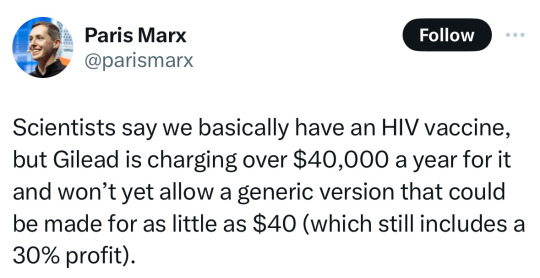
#politics#hiv#us politics#government#gilead#lgbt#lgbtq#progressive#current events#science#medicine#health#health care#the left#twitter post#news
38K notes
·
View notes
Text

In a recent article detailing the study on the neurological effects of THC, by an organization funded by the German government -- found that "long-term, low dose ∆9-THC had an anti-aging effect on the brain, restoring cognitive abilities.
New research published in August 2024, in the American Chemical Society -- Journal of Pharmacology and Science suggested that the results of this recent study demonstrates, a significant positive effect that ∆9-THC treatment against anti-aging in the brain. This is study is closely linked to similar Alzheimer research, where it was found that people who used cannabis for recreational and medical uses, reported less memory loss and confusion, in comparison to non-users.
Follow the link on Twitter for the full article detailing a few research results from various case studies and unbiased fact based reports.
Credit:

#cannabisculture#trending#repost#readmore#entrepreneurship#cannabis research#anti aging#marijuana moment medical research#science and health#cannabis news#social media#aceupdates#cannabis case study#thc research#fortheculture#thedigitaldigest🗞️#digitalculture#aos#marijuana moment#herbalist#marijuana legalization#throwback Thursday
0 notes
Text
A type of flu virus that used to sicken people every year hasn't been spotted anywhere on Earth since March 2020. As such, experts have advised that the apparently extinct viruses be removed from next year's flu vaccines. The now-extinct viruses were a branch of the influenza B family tree known as the Yamagata lineage. Scientists first reported the apparent disappearance of Yamagata viruses in 2021. At that time, experts speculated that precautions taken to stop the spread of COVID-19 — such as masking and social distancing — had not only driven the overall number of flu cases to historic lows but may have completely snuffed out this type of flu virus.
Continue Reading.
21K notes
·
View notes
Text
HETEROSEXUAL CIS-PEOPLE LOOK HERE
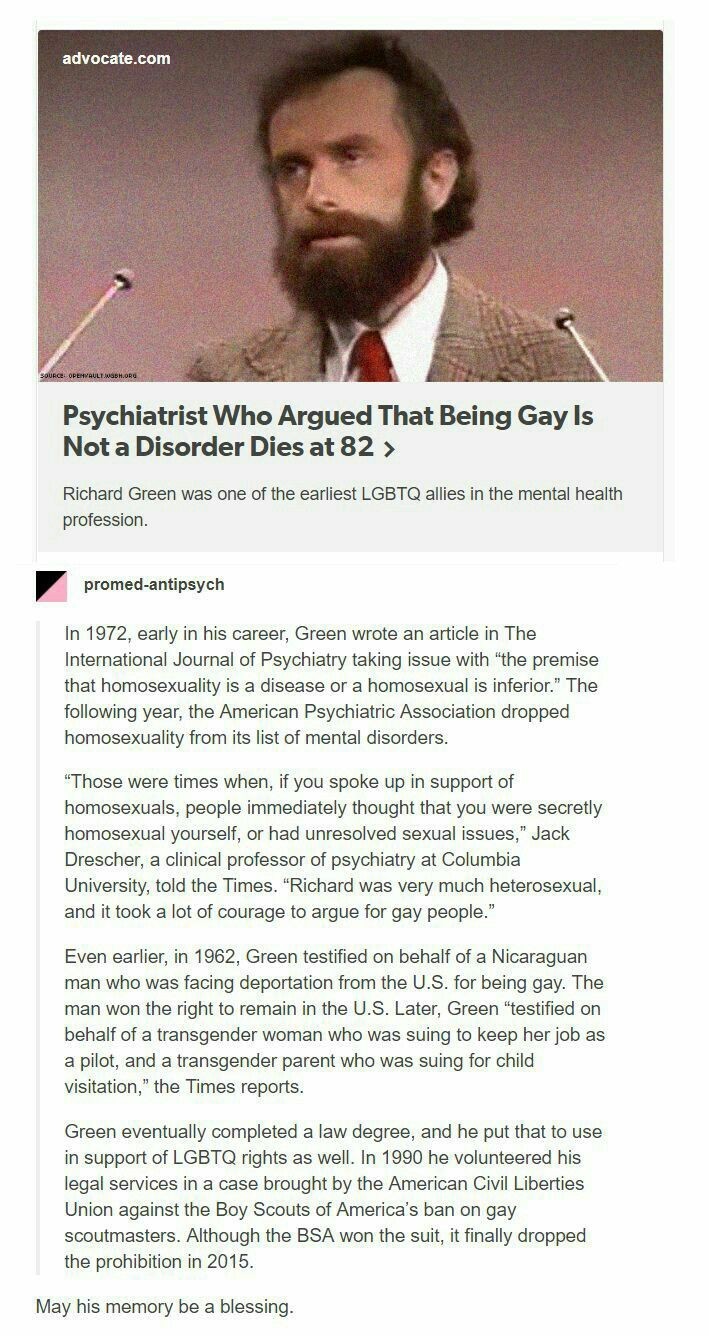
Snaps my fingers at you as you scroll past this post
Look at me. Listen.
I'm not the best at serious posts, but that article up there reminded me of how important it is that people like you stand up for us. So hold on while I try to get this out of my mushy end-of-work-day brain.
We could fight this fight ourselves for decades trying to reach the equal laws, gender affirming trans healthcare that doesn't have a 2-5+ soul-eating years of waiting time, medical care with equal knowledge of lgbtqia+ bodies, and, what is often forgotten, inclusion in the little everyday areas of life like our way of speaking or things being set up or designed with the existence of queer people in mind.
But you joining in could get us there so much faster.
The power you have as a hetero cis person is that you set the standard for what is seen as the average way of treating us among other hetero cis people. You have been given the power of deciding what's "normal" and I'm begging you to use it.
Richard Green is a great example of to what extent your actions can help our situation, and smaller ways of support still add up to a great impact on society, and could make the days of the queer people you interact with.
Educate yourself before you speak up, but don't be silent.
#lgbtqia+#lgbtq#lgbtqia#lgbtq+#lgbtqia+ rights#lgbtq+ rights#lgbtq rights#interesting#article#psychology#mental health#psychologist#reading#culture#cooking#drawing#music#nature#science#baking#pets#inspirational#gaming#photography#fashion#writing
14K notes
·
View notes
Photo

70K notes
·
View notes
Text
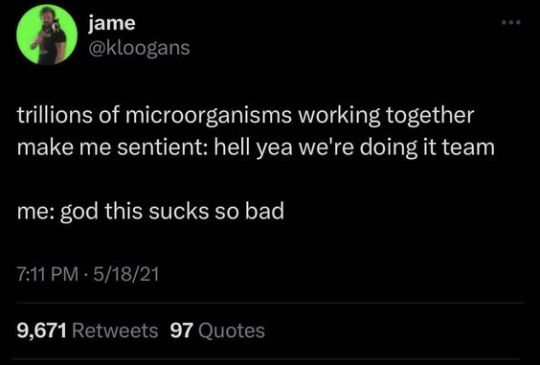
#funny#lol#haha#humor#meme#memes#tweet#twitter#mental health#dank memes#dark humor#introverts#science
13K notes
·
View notes
Text
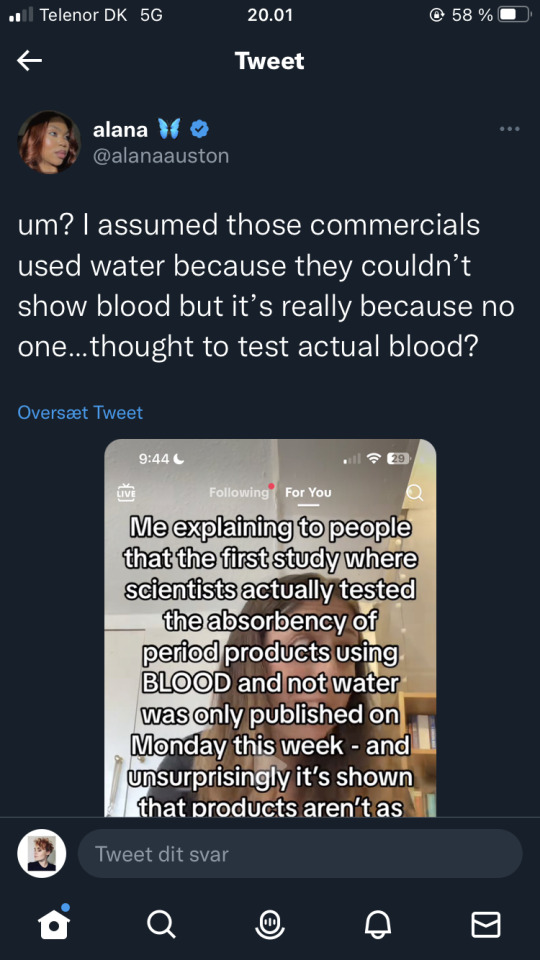
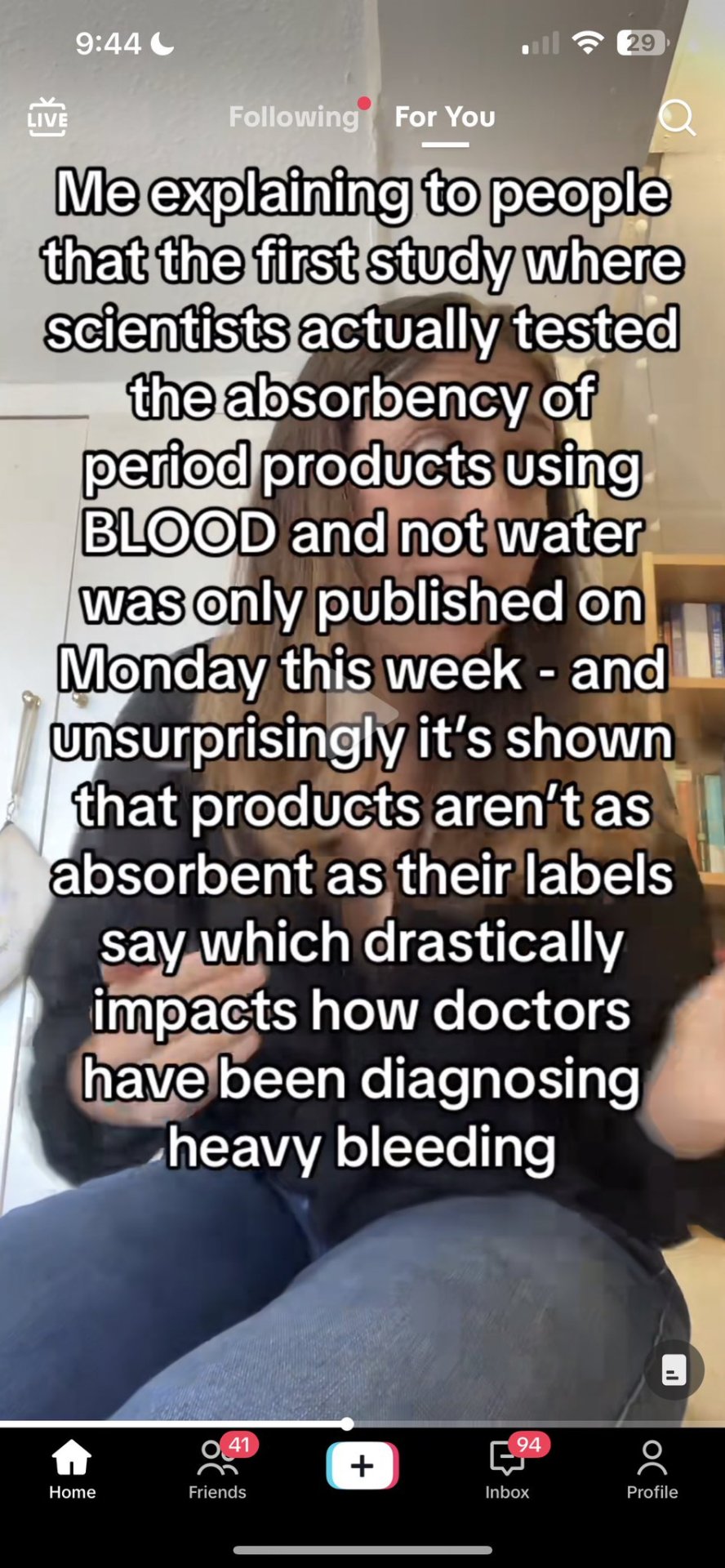
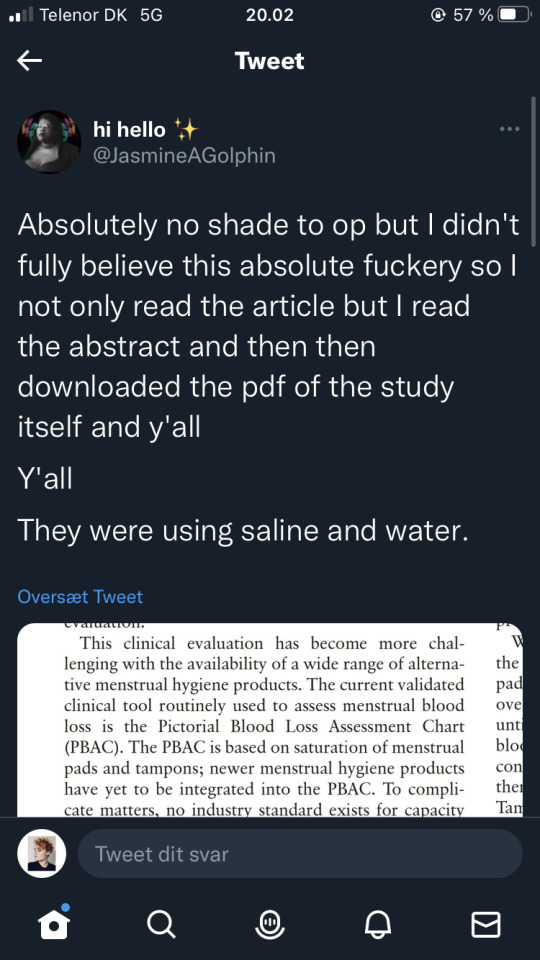
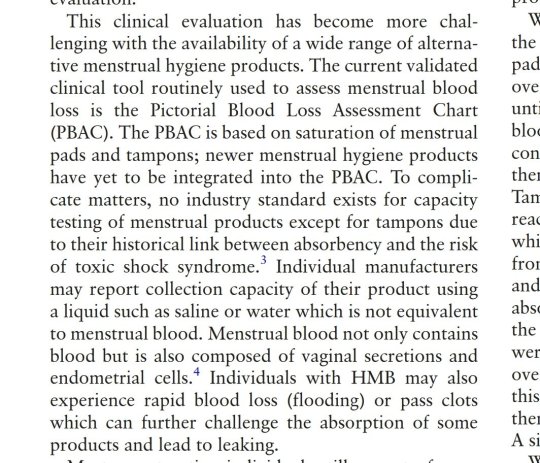
hey, hi, I was just on the former bird app and came across this info from a brand new study and now I cannot stop screaming internally??? what the actual fuckkkk
theres' an article from the guardian here and here is the actual study:
#period products#menstruation#what the fuck what the fuck!!!#i know i probably shouldn’t be surprised but wtffff#idk what to tag this but#science#menstrual bleeding#heavy bleeding#period problems#reproductive health#alt text#described#physical health#blood mention tw#periods#edit: btw I skimmed the article overview and I’m glad to say it seems very inclusive#so once again: terfs can go fuck themselves in the not pleasant way <3#it always bears repeating and I will ad naseum
40K notes
·
View notes
Text
Here's the top 2 stories from each of Fix The News's six categories:
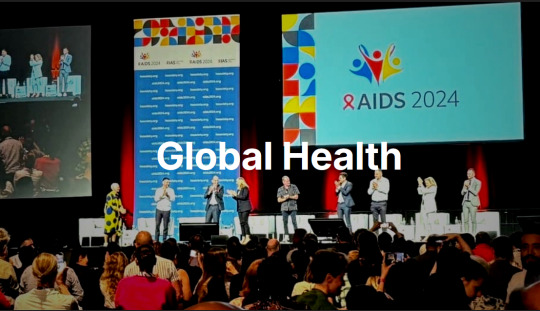
1. A game-changing HIV drug was the biggest story of 2024
In what Science called the 'breakthrough of the year', researchers revealed in June that a twice-yearly drug called lenacapavir reduced HIV infections in a trial in Africa to zero—an astonishing 100% efficacy, and the closest thing to a vaccine in four decades of research. Things moved quick; by October, the maker of the drug, Gilead, had agreed to produce an affordable version for 120 resource-limited countries, and by December trials were underway for a version that could prevent infection with just a single shot per year. 'I got cold shivers. After all our years of sadness, particularly over vaccines, this truly is surreal.'
2. Another incredible year for disease elimination
Jordan became the first country to eliminate leprosy, Chad eliminated sleeping sickness, Guinea eliminated maternal and neonatal tetanus, Belize, Jamaica, and Saint Vincent & the Grenadines eliminated mother-to-child transmission of HIV and syphilis, India achieved the WHO target for eliminating black fever, India, Viet Nam and Pakistan eliminated trachoma, the world’s leading infectious cause of blindness, and Brazil and Timor Leste eliminated elephantiasis.
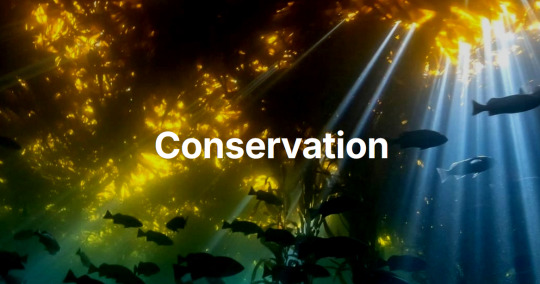
15. The EU passed a landmark nature restoration law
When countries pass environmental legislation, it’s big news; when an entire continent mandates the protection of nature, it signals a profound shift. Under the new law, which passed on a knife-edge vote in June 2024, all 27 member states are legally required to restore at least 20% of land and sea by 2030, and degraded ecosystems by 2050. This is one of the world’s most ambitious pieces of legislation and it didn’t come easy; but the payoff will be huge - from tackling biodiversity loss and climate change to enhancing food security.
16. Deforestation in the Amazon halved in two years
Brazil’s space agency, INPE, confirmed a second consecutive year of declining deforestation in the Brazilian Amazon. That means deforestation rates have roughly halved under Lula, and are now approaching all time lows. In Colombia, deforestation dropped by 36%, hitting a 23-year low. Bolivia created four new protected areas, a huge new new state park was created in Pará to protect some of the oldest and tallest tree species in the tropical Americas and a new study revealed that more of the Amazon is protected than we originally thought, with 62.4% of the rainforest now under some form of conservation management.
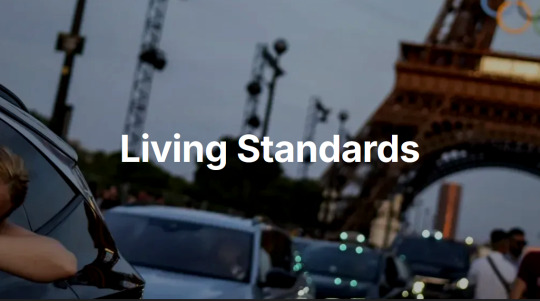
39. Millions more children got an education
Staggering statistics incoming: between 2000 and 2023, the number of children and adolescents not attending school fell by nearly 40%, and Eastern and Southern Africa, achieved gender parity in primary education, with 25 million more girls are enrolled in primary school today than in the early 2000s. Since 2015, an additional 110 million children have entered school worldwide, and 40 million more young people are completing secondary school.
40. We fed around a quarter of the world's kids at school
Around 480 million students are now getting fed at school, up from 319 million before the pandemic, and 104 countries have joined a global coalition to promote school meals, School feeding policies are now in place in 48 countries in Africa, and this year Nigeria announced plans to expand school meals to 20 million children by 2025, Kenya committed to expanding its program from two million to ten million children by the end of the decade, and Indonesia pledged to provide lunches to all 78 million of its students, in what will be the world's largest free school meals program.

50. Solar installations shattered all records
Global solar installations look set to reach an unprecedented 660GW in 2024, up 50% from 2023's previous record. The pace of deployment has become almost unfathomable - in 2010, it took a month to install a gigawatt, by 2016, a week, and in 2024, just 12 hours. Solar has become not just the cheapest form of new electricity in history, but the fastest-growing energy technology ever deployed, and the International Energy Agency said that the pace of deployment is now ahead of the trajectory required for net zero by 2050.
51. Battery storage transformed the economics of renewables
Global battery storage capacity surged 76% in 2024, making investments in solar and wind energy much more attractive, and vice-versa. As with solar, the pace of change stunned even the most cynical observers. Price wars between the big Chinese manufacturers pushed battery costs to record lows, and global battery manufacturing capacity increased by 42%, setting the stage for future growth in both grid storage and electric vehicles - crucial for the clean flexibility required by a renewables-dominated electricity system. The world's first large-scale grid battery installation only went online seven years ago; by next year, global battery storage capacity will exceed that of pumped hydro.
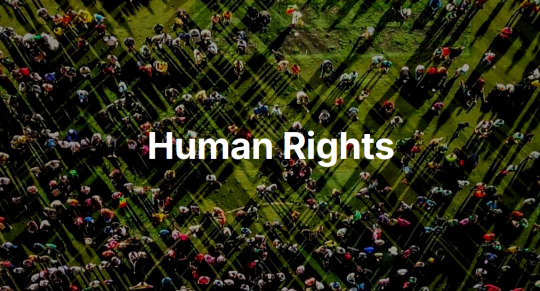
65. Democracy proved remarkably resilient in a record year of elections
More than two billion people went to the polls this year, and democracy fared far better than most people expected, with solid voter turnout, limited election manipulation, and evidence of incumbent governments being tamed. It wasn't all good news, but Indonesia saw the world's biggest one day election, Indian voters rejected authoritarianism, South Korea's democratic institutions did the same, Bangladesh promised free and fair elections following a 'people's victory', Senegal, Sri Lanka and Botswana saw peaceful transfers of power to new leaders after decades of single party rule, and Syria saw the end of one of the world's most horrific authoritarian regimes.
66. Global leaders committed to ending violence against children
In early November, while the eyes of the world were on the US election, an event took place that may prove to be a far more consequential for humanity. Five countries pledged to end corporal punishment in all settings, two more pledged to end it in schools, and another 12, including Bangladesh and Nigeria, accepted recommendations earlier in the year to end corporal punishment of children in all settings. In total, in 2024 more than 100 countries made some kind of commitment to ending violence against children. Together, these countries are home to hundreds of millions of children, with the WHO calling the move a 'fundamental shift.'

73. Space exploration hit new milestones
NASA’s Europa Clipper began a 2.9 billion kilometre voyage to Jupiter to investigate a moon that may have conditions for life; astronomers identified an ice world with a possible atmosphere in the habitable zone; and the James Webb Telescope found the farthest known galaxy. Closer to Earth, China landed on the far side of the moon, the Polaris Dawn crew made a historic trip to orbit, and Starship moved closer to operational use – and maybe one day, to travel to Mars.
74. Next-generation materials advanced
A mind-boggling year for material science. Artificial intelligence helped identify a solid-state electrolyte that could slash lithium use in batteries by 70%, and an Apple supplier announced a battery material that can deliver around 100 times better energy density. Researchers created an insulating synthetic sapphire material 1.25 nanometers thick, plus the world’s thinnest lens, just three atoms across. The world’s first functioning graphene-based semiconductor was unveiled (the long-awaited ‘wonder material’ may finally be coming of age!) and a team at Berkeley invented a fluffy yellow powder that could be a game changer for removing carbon from the atmosphere.
-via Fix The News, December 19, 2024
#renumbered this to reflect the article numbering#and highlight just how many stories of hope there are#and how many successes each labeled story contains#2024#good news#hope#hope posting#hopeposting#hopepunk#conservation#sustainability#public health#energy#quality of life#human rights#science and technology
3K notes
·
View notes
Text

From NPR News:
As Time writes, "His accomplishment: inventing a soap that could one day treat and even prevent multiple forms of skin cancer. It may take years before such a product comes to market, but this summer Heman, who's 15, is already spending part of every weekday working in a lab at the Johns Hopkins Bloomberg School of Public Health in Baltimore, hoping to bring his dream to fruition."
5K notes
·
View notes
Text

#ftm#transmasc#trans boy#trans man#trans#trans guy#transgender#trans resources#trans health#trans research#science#trans healthcare
16K notes
·
View notes
Text
I did a post asking about this ages ago, but now that there's polls, I'd like to do another round for this question, since it always has me curious:
Also, I am not including stuff like "I just stay up thinking about things that make me anxious", since this is specifically about things that help you sleep, not things that keep you up!
Just curious how widespread this practice is!
#poll#hopefully this goes over much better than the last one lol#I really wish someone would do a science with this#it seems like the necessity of fiction to our physical health could be a neat thing to study#sleep#imagination#storytelling
3K notes
·
View notes
Text
Did you know that you can help a Palestinian family with one click🇵🇸!?
Share now ❤️1 . 1 . 2025 ❤️donation
✊Free Free Palestine✊




Did you know that you can save my family in Gaza from famine and genocide with just one click? Yes, even a small donation of $5 can make an enormous difference. 💖
As we approach New Year’s Eve, a time of celebration and hope for many, my family in Gaza and countless others are facing the harshest of struggles—lives torn apart, homes destroyed, and hunger threatening to take away more than we can bear. 😞 This night, while others gather around their loved ones, we are clinging to the hope that the world will see our pain and act with compassion. 🙏
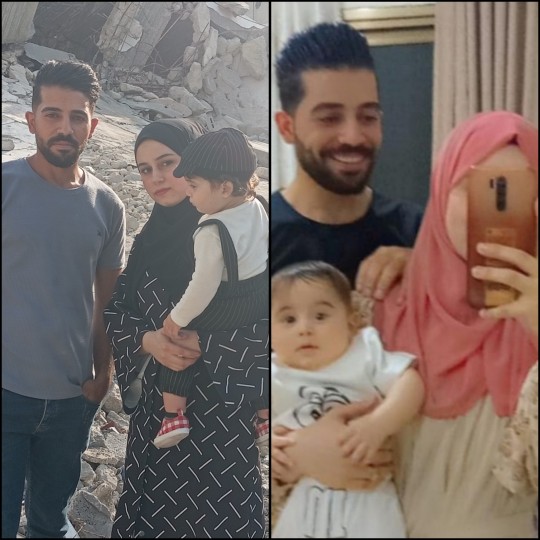

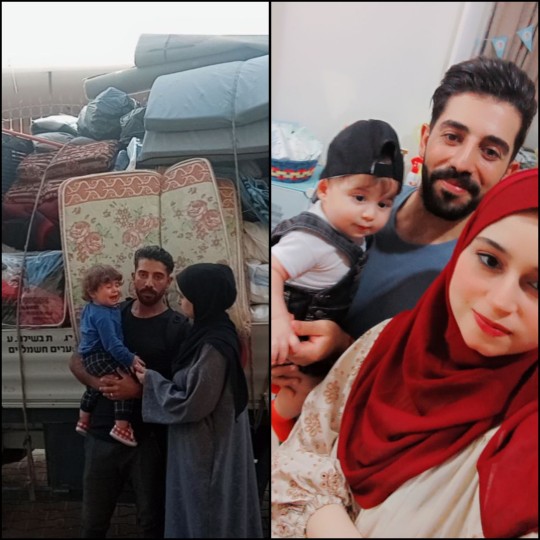
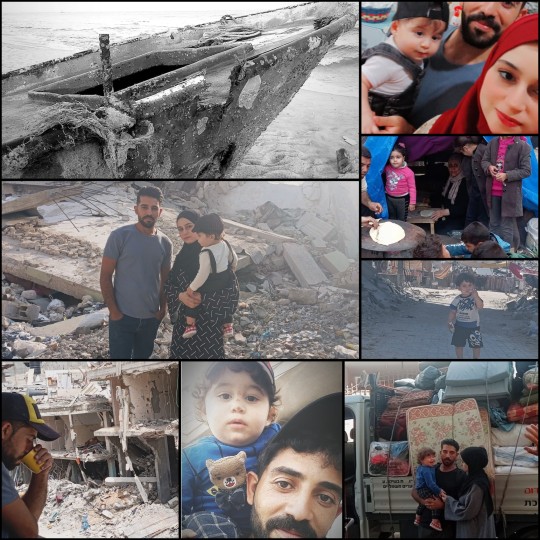
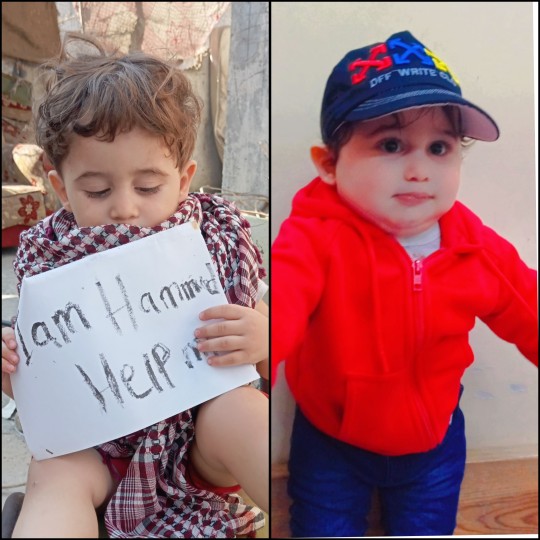

Here’s how small acts of kindness can have a massive impact: If just 1,000 people donate $5 For my family, we can raise $5,000 in a single day. That’s enough to provide food, medicine, and essential To my family who have nothing left . 🍞💊 It may seem like a small amount, but for us, it’s life-saving. Your $5 could feed a child, provide medicine for an elderly person, and offer hope to a family struggling to survive another night. 🌟
This New Year’s Eve, while the world counts down to midnight, we’re counting on you. Let’s make this night one of compassion and solidarity, where kindness breaks through the darkness. ✨ One click from you could mean a world of difference for families like mine. Please, click now to donate. Your generosity isn’t just a gift—it’s a lifeline. 💕
My campaign is vetted by
@90-ghost here
@gaza-evacuation-funds here
Donate through the campaign
Or through PayPal
Palestine is free from the river to the sea ✊🇵🇸
#palestine#free gaza#from the river to the sea palestine will be free#birds#mental health#happy new year#ao3#taylor swift#wicked#writing#illustration#science#tv shows#culture#movies#funny#gaming#lgbtqia+#aesthetic#anime#art#my art#trans community#books & libraries#ai created art#Browse communities
1K notes
·
View notes
Text
Predicting the present
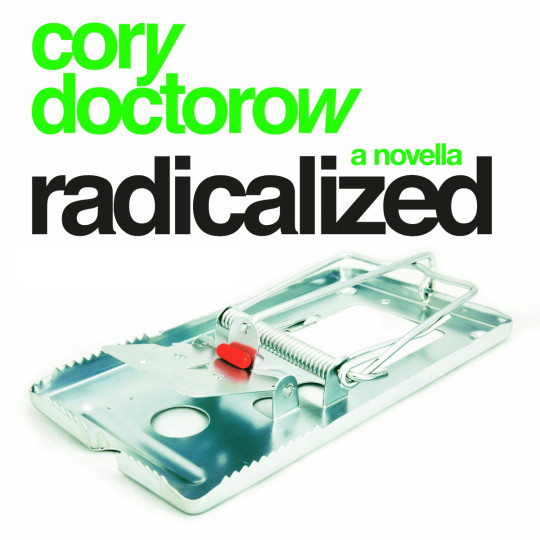
If you'd like an essay-formatted version of this post to read or share, here's a link to it on pluralistic.net, my surveillance-free, ad-free, tracker-free blog:
https://pluralistic.net/2024/12/09/radicalized/#deny-defend-depose

Back in 2018, around the time I emailed my immigration lawyer about applying for US citizenship, I started work on a short story called "Radicalized," which eventually became the title story of a collection that came out in 2019:
https://us.macmillan.com/books/9781250228598/radicalized/
"Radicalized" is a story about America, and about guns, and about health care, and about violence. I live in Burbank, which is ranks second in gun-stores-per-capita in the USA, a dubious honor that represents a kind of regulatory arbitrage with our neighboring goliath, the City of Los Angeles, where gun store licensing is extremely tight. If you're an Angeleno in search of a firearm, you're almost certainly coming to Burbank to buy it.
Walking, cycling and driving past more gun stores than I'd ever seen in my Canadian life got me thinking about Americans and guns, a subject that many Canadians have passed comment upon. Americans kill each other, and especially themselves, at rates that baffle everyone else in the world, and they do it with guns. When we moved here, my UK born-and-raised daughter came home from her first elementary school lockdown drill perplexed and worried. Knowing what I did about US gun violence, I understood that while school shootings and other spree killings happened with dismal and terrifying regularity, they only accounted for a small percentage of the gun deaths here. If you die with a bullet in you, the chances are that the finger on the trigger was your own. The next most likely suspect is someone you know. After that, a cop. Getting shot by a stranger out of uniform is something of a rarity here – albeit a spectacular one that captures our imaginations in ways that deliberate or accidental self-slayings and related-party shootings do not.
So I told her, "Look, you can basically ignore everything they tell you during those lockdown drills, because they almost certainly have nothing to do with your future. But if a friend ever says to you, 'Hey, wanna see my dad's gun?' I want you to turn around and leave and get in touch with me right away, that instant."
Guns turn the murderous impulse – which, let's be honest, we've all felt at some time or another – into a murderous act. Same goes for suicide, which explains the high levels of non-accidental self-shootings in the USA: when you've got a gun, the distance between suicidal ideation and your death is the ten feet from the sofa to the gun in the closet.
Americans get angry at people and then, if they have a gun to hand, sometimes they shoot them. In a thread /r/Burbank about how people at our local cinemas are rude and use their phones in which someone posted, "Well, you should just ask them to stop." The reply: "That's a great way to get shot." No one chimed in to say, "Don't be ridiculous, no one would shoot you for asking them to put away their phone during a movie." Same goes for "road rage."
And while Americans shoot people they've only just gotten angry at, they also sometimes plan shooting sprees and kill a bunch of people because they're just generically angry. Being angry about the state of the world is a completely relatable emotion, of course, but the targets of these shootings are arbitrary. Sure sometimes these killings have clear, bigoted targets – mass shootings at Black supermarkets or mosques or synagogues or gay bars – more often the people who get sprayed with bullets (at country and western concerts or elementary schools or movie theaters) are almost certainly not the people the gunman (almost always a man) is angry at.
This line of thought kept surfacing as I went through the immigration process, but not just when I was dealing with immigration paperwork. I was also spending an incredible amount of time dealing with our health insurer, Cigna, who kept refusing treatments my pain doctor – one of the most-cited pain researchers in the country – thought I would benefit from. I've had chronic pain since I was a teenager, and it's only ever gotten worse. I've had decades of pain care in Canada and the UK, and while the treatments never worked for very long, it was never compounded by the kinds of bureaucratic stuff I went through with my US insurer.
The multi-hour phone calls with Cigna that went nowhere would often have me seeing red – literally, a red tinge closing in around my vision – and usually my hands would be shaking by the time I got off the call.
And I had it easy! I wasn't terminally ill, and I certainly wasn't calling in on behalf of a child or a spouse or parent who was seriously ill or dying, whose care was being denied by their insurer. Bernie's 2016 Medicare For All campaign promise had filled the air with statistics (Americans pay more for care and get worse outcomes than anyone else in the rich world), and stories. So many stories – stories that just tore your heart out, about parents who literally had to watch their children die because the insurance they paid for refused to treat their kids. As a dad, I literally couldn't imagine how I'd cope in that situation. Just thinking about it filled me with rage.
One day, as I was swimming in the community pool across the street – a critical part of my pain management strategy – I was struck with a thought: "Why don't these people murder health insurance executives?" Not that I wanted them to. I don't want anyone to kill anyone. But why do American men who murder their wives and the people who cut them off in traffic and random classrooms full of children leave the health insurance industry alone? This is an industry that is practically designed to fill the people who interact with it with uncontrollable rage. I mean, if you're watching your wife or your kid die before your eyes because some millionaire CEO decided to aim for a $10 billion stock buyback this year instead of his customary $9 billion target, wouldn't you feel that kind of murderous rage?
Around this time, my parents came out for a visit from Canada. It was a great trip, until one night, my mom woke me up after midnight: "We have to take your father to the ER. He's really sick." He was: shaking, nauseated, feverish. We raced down the street to the local hospital, part of a gigantic chain that has swallowed nearly all the doctors' practices, labs and hospitals within an hour's drive of here.
Dad had kidney stones, and they'd gone septic. When the ER docs removed the stones, all the septic gunk in his kidneys was flushed into his bloodstream, and he crashed. If he hadn't been in an ER recovery room at the time, he would have died. As it was, he was in a coma for three days and it was touch and go. My brother flew down from Toronto, not sure if this was his last chance to see our dad alive. The nurses and doctors took great care of my dad, though, and three days later, he emerged from his coma, and today, he's better than ever.
But on day two, when we thought he was probably at the end of his life, as my mother sat at his side, holding the hand of her husband of fifty years, someone from the hospital billing department came to her side and said, "Mrs Doctorow, I know this is a difficult time, but I'd like to discuss the matter of your husband's bill with you."
The bill was $176,000. Thankfully, the travel medical insurance plan offered by the Ontario Teachers' Union pension covered it all (I don't suppose anyone gets very angry with them).
How do people tolerate this? Again, not in the sense of "people should commit violent acts in the face of these provocations," but rather, "How is it that in a country filled with both assault rifles and unimaginable acts of murderous cruelty committed by fantastically wealthy corporations, people don't leap from their murderous impulses to their murderous weapons to commit murderous acts?
For me, writing fiction is an accretive process. I can tell that a story is brewing when thoughts start rattling around in my mind, resurfacing at odd times. I think of them as stray atoms, seeking molecules with available docking sites to glom onto. I process all my emotions – but especially my negative ones – through this process, by writing stories and novels. I could tell that something was cooking, but it was missing an ingredient.
Then I found it: an interview with the woman who coined the term "incel." It was on the Reply All podcast, and Alana, a queer Canadian woman explained that she had struggled all her life to find romantic and sexual partnership, and jokingly started referring to herself as "involuntarily celibate," and then, as an "incel":
https://gimletmedia.com/shows/reply-all/76h59o
Alana started a message board where other "incels" could offer each other support, and it was remarkably successful. The incels on Alana's message board helped each other work through the problems that stood between them and love, and when they did, they drifted away from the board to pursue a happier life.
That was the problem, Alana explained. If you're in a support group for people with a drinking problem, the group elders, the ones who've been around forever, are the people who've figured it out and gotten sober. When life seems impossible, those elders step in to tell you, I know it's terrible right now, but it'll get better. I was where you are and I got through it. You will, too. I'm here for you. We all are.
But on Alana's incel board, the old timers were the people who couldn't figure it out. They were the ones for whom mutual support and advice didn't help them figure out what they needed to do in order to find the love they sought. The longer the message board ran, the more it became dominated by people who were convinced that it was hopeless, that love was impossible for the likes of them. When newbies posted in rage and despair, these Great Old Ones were there to feed it: You're right. It will never get better. It only gets worse. There is no hope.
That was the missing piece. My short story Radicalized was born. It's a story about men on a message board called Fuck Cancer Right In the Fucking Face (FCKRFF, or "Fuckriff"), who are watching the people they love the most in the world be murdered by their insurance companies, who egg each other on to spectacular acts of mass violence against health insurance company employees, hospital billing offices, and other targets of their rage. As of today, anyone can read this story for free, courtesy of my publishers at Macmillan, who gave permission for the good folks at The American Prospect to post it:
https://prospect.org/culture/books/2024-12-09-radicalized-cory-doctorow-story-health-care/
I often hear from people about this story, even before an unknown (at the time of writing) man assassinated Brian Thompson, CEO of Unitedhealthcare, the murderous health insurance monopoly that is the largest medical insurer in the USA. Since then, hundreds of people have gotten in touch with me to ask me how I feel about this turn of events, how it feels to have "predicted" this.
I've been thinking about it for a few days now, and I gotta tell you, I have complicated feelings.
You've doubtless seen the outpourings of sarcastic graveyard humor about Thompson's murder. People hate Unitedhealthcare, for good reason, because he personally decided – or approved – countless policies that killed people by cheating them until they died.
Nurses and doctors hate Thompson and United. United kills people, for money. During the most acute phase of the pandemic, the company charged the US government $11,000 for each $8 covid test:
https://pluralistic.net/2020/09/06/137300-pct-markup/#137300-pct-markup
UHC leads the nation in claims denials, with a denial rate of 32% (!!). If you want to understand how the US can spend 20% of its GDP and get the worst health outcomes in the world, just connect the dots between those two facts: the largest health insurer in human history charges the government a 183,300% markup on covid tests and also denies a third of its claims.
UHC is a vertically integrated, murdering health profiteer. They bought Optum, the largest pharmacy benefit manager ("A spreadsheet with political power" -Matt Stoller) in the country. Then they starved Optum of IT investment in order to give more money to their shareholders. Then Optum was hacked by ransomware gang and no one could get their prescriptions for weeks. This killed people:
https://www.economicliberties.us/press-release/malicious-threat-actor-accesses-unitedhealth-groups-monopolistic-data-exchange-harming-patients-and-pharmacists/#
The irony is, Optum is terrible even when it's not hacked. The purpose of Optum is to make you pay more for pharmaceuticals. If that's more than you can afford, you die. Optum – that is, UHC – kills people:
https://pluralistic.net/2024/09/23/shield-of-boringness/#some-men-rob-you-with-a-fountain-pen
Optum isn't the only murderous UHC division. Take Navihealth, an algorithm that United uses to kick people out of their hospital beds even if they're so frail, sick or injured they can't stand or walk. Doctors and nurses routinely watch their gravely ill patients get thrown out of their hospitals. Many die. UHC kills them, for money:
https://prospect.org/health/2024-08-16-steward-bankruptcy-physicians-private-equity/
The patients murdered by Navihealth are on Medicare Advantage. Medicare is the public health care system the USA extends to old people. Medicare Advantage is a privatized system you can swap your Medicare coverage for, and UHC leads the country in Medicare Advantage, blitzing seniors with deceptive ads that trick them into signing up for UHC Medicare Advantage. Seniors who do this lose access to their doctors and specialists, have to pay hundreds or thousands of dollars for their medication, and get hit with $400 surprise bills to use the "free" ambulance service:
https://prospect.org/health/2024-12-05-manhattan-medicare-murder-mystery/
No wonder the public spends 22% more subsidizing Medicare Advantage than they spend on the care for seniors who stick with actual Medicare:
https://theconversation.com/taxpayers-spend-22-more-per-patient-to-support-medicare-advantage-the-private-alternative-to-medicare-that-promised-to-cost-less-241997
It's not just the elderly, it's also the addicted and mentally ill. UHC illegally denies coverage for mental health and substance abuse treatment. Imagine watching a family member spiral out of control, ODing, or ending up on the streets with hallucinations, and knowing that the health insurance company that takes thousands of dollars out of your paycheck refused to treat them:
https://www.startribune.com/unitedhealthcare-will-pay-15-7m-in-settlement-of-denial-of-care-charges/600087607
Unsurprising, the internal culture at UHC is callous beyond belief. How could it not be? How could you go to work at UHC and know you were killing people and not dehumanize those victims? A lawsuit by chronically ill patient whom UHC had denied care for surfaced recorded phone calls in which UHC employees laughed long and hard about the denied claims, dismissing the patient's desperate, tearful pleas as "tantrums" :
https://www.propublica.org/article/unitedhealth-healthcare-insurance-denial-ulcerative-colitis
Those UHC workers are just trying to get by, of course, and the callouses they develop so they can bear to go to work were ripped off by last week's murder. UHC's executive team knows this, and has gone on a rampage to stop employees from leaking their own horror stories, or even mentioning that the internal company announcement of Thompson's death was seen by 16,000 employees, of whom only 28 left a comment:
https://www.kenklippenstein.com/p/unitedhealthcare-tells-employees
Doctors and nurses hate UHC on behalf of their patients, but it's also personal. UHC screws doctor's practices by refusing to pay them, making them chase payments for months or even years, and then it offers them a payday lending service that helps them keep the lights on while they wait to get paid:
https://www.youtube.com/watch?v=frr4wuvAB6U
Is it any surprise that Reddit's nursing forums are full of nurses making grim, satisfied jokes about the assassination of the $10m/year CEO who ran the $400b/year corporation that does all this?
https://www.thedailybeast.com/leading-medical-subreddit-deletes-thread-on-unitedhealthcare-ceos-murder-after-users-slam-his-record/
We're not supposed to experience – much less express – schadenfreude when someone is murdered in the street, no matter who they are. We're meant to express horror at the idea of political violence, even when that violence only claims a single life, a fraction of the body count UCH produced under Thompson's direction. As Malcolm Harris put it, "'Every life is precious' stuff about a healthcare CEO whose company is noted for denying coverage is pretty silly":
https://twitter.com/BigMeanInternet/status/1864471932386623753
As Woody Guthrie wrote, "Some will rob you with a six-gun/And some with a fountain pen." The weapon is lethal when it's a pistol and when it's an insurance company. The insurance company merely serves as an accountability sink, a layer of indirection that lets a murder happen without any person being the technical murderer:
https://profilebooks.com/work/the-unaccountability-machine/
I don't want people to kill insurance executives, and I don't want insurance executives to kill people. But I am unsurprised that this happened. Indeed, I'm surprised that it took so long. It should not be controversial to note that if you run an institution that makes people furious, they will eventually become furious with you. This is the entire pitch of Thomas Piketty's Capital in the 21st Century: that wealth concentration leads to corruption, which is destabilizing, and in the long run it's cheaper to run a fair society than it is to pay for the guards you'll need to keep the guillotines off your lawn:
https://memex.craphound.com/2014/06/24/thomas-pikettys-capital-in-the-21st-century/
But we've spent the past 40 years running in the other direction, maximizing monopolies, inequality and corruption, and gaslighting the public when they insist that this is monstrous and unfair. Back in 2022, when UHC was buying Change Healthcare – the dominant payment network for hospitals, which would allow UHC to surveil all its competitors' payments – the DOJ sued to block the merger. The Trump-appointed judge in the case, Carl Nichols – who owned tens of thousands of dollars in UHC bonds – ruled against the DOJ, saying that it would all be fine thanks to United's "culture of trust and integrity":
https://www.thebignewsletter.com/p/the-antitrust-shooting-war-has-started
We don't know much about Thompson's killer yet, but he's already becoming a folk hero, with lookalike contests in NYC:
https://twitter.com/CollinRugg/status/1865472577478553976
And gigantic graffiti murals praising him and reproducing the words he wrote on the shell casings of the bullets he used to kill Thompson, "delay, deny, depose":
https://www.tumblr.com/radicalgraff/769193188403675136/killin-fuckin-ceos-freight-graff-in-the-bay
I get why this is distasteful. Thompson is said to have been a "family man" who loved his kids, and I have no reason to disbelieve this. I can only imagine that his wife and kids are shattered by this. Every living person is the apex of a massive project involving dozens, hundreds of people who personally worked to raise, nurture and love them. I wrote about this in my novel Walkaway, as the characters consider whether to execute a mercenary sent to kill them, whom they have taken hostage:
She had parents. People who loved her. Every human was a hyper-dense node of intense emotional and material investment. Speaking meant someone had spent thousands of hours cooing to you. Those lean muscles, the ringing tone of command — their inputs were from all over the world, carefully administered. The merc was more than a person: like a spaceship launch, her existence implied thousands of skilled people, generations of experts, wars, treaties, scholarship and supply-chain management. Every one of them was all that.
But so often, the formula for "folk hero" is "killing + time." The person who terrorizes the people who terrorize you is your hero, and eventually we sanitize the deaths, and just remember them as fighters for justice. If you doubt it, consider the legend of Robin Hood:
https://twitter.com/mcmansionhell/status/1865554985842352501
The health industry is trying to put a lid on this, palpably afraid that – as in my story "Radicalized" – this one murderer will become a folk hero who inspires others to acts of spectacular violence. They're insisting that it's unseemly to gloat about Thompson's death. They're right, but this is an obvious loser strategy. The health industry is full of people whose deaths would be deplorable, but not unsurprising. As Clarence Darrow had it:
I’ve never wished a man dead, but I have read some obituaries with great pleasure.
Murder is never the answer. Murder is not a healthy response to corruption. But it is healthy for people to fear that if they kill people for greed, they will be unsafe. On December 5 – the day after Thompson's killing – the health insurer Anthem announced that it would not pay for anesthesia for medical procedures that ran long. The next day, they retracted the policy, citing "outrage":
https://www.cnn.com/2024/12/05/health/anthem-blue-cross-blue-shield-anesthesia-claim-limits/index.html
Sure, maybe it was their fear of reputation damage that got them to decide to reverse this inhumane, disgusting, murderous policy. But maybe it was also someone in the C-suite thinking about what share of the profits from this policy would have to be spent on additional bodyguards for every Anthem exec if it went into effect, and decided that it was a money-loser after all.
Think about hospital exec Ralph de la Torre, who cheerfully testified to Congress that he'd killed patients in pursuit of profit. De la Torre clearly doesn't fear any kind of consequences for his actions. He owns hospitals that are filled with tens of thousands of bats (he stiffed the exterminators), where none of the elevators work (he stiffed the repair techs), where there's no medicine or blood (he stiffed the suppliers) and where the doctors and nurses can't make rent (he stiffed them too). De La Torre doesn't just own hospitals – he also owns a pair of superyachts:
https://pluralistic.net/2024/02/28/5000-bats/#charnel-house
It is a miracle that so many people have lost their mothers, sons, wives and husbands so Ralph de la Torre could buy himself another superyacht, and that those people live in a country where you can buy an assault rifle, and that Ralph de la Torre isn't forced to live in a bunker and travel in a tank.
It's a rather beautiful sort of miracle, to be honest. I like to think that it comes from a widespread belief by the people of this country I have since become a citizen of, that we should solve our problems politically, rather than with bullets.
But the assassination of Brian Thompson is a wake-up call, a warning that if we don't solve this problem politically, we may not have a choice about whether it's solved with violence. As a character in "Radicalized" says, "They say violence never solves anything, but to quote The Onion: that's only true so long as you ignore all of human history":
https://prospect.org/culture/books/2024-12-09-radicalized-cory-doctorow-story-health-care/
#pluralistic#unitedhealthcare#assassination#execution#violence#murder#science fiction#radicalized#health insurance#m4a#medicare for all#Brian Thompson#guns#cancer#corruption#usausausa#torment nexus
1K notes
·
View notes
Text
Researchers have just discovered a process in fruit flies which links inflammation with impaired motor function, providing researchers with a potential target for treating the persistent muscle fatigue that follows many infections. Of long COVID's numerous symptoms, an intolerance to exertion could be considered one of the more debilitating. "This is more than a lack of motivation to move because we don't feel well," says Washington University developmental biologist Aaron Johnson. "These processes reduce energy levels in skeletal muscle, decreasing the capacity to move and function normally."
Continue Reading.
7K notes
·
View notes
Text
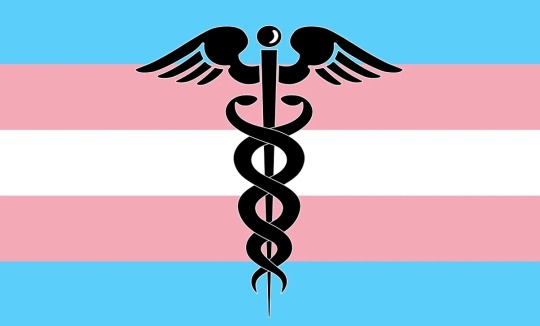

Source
No surprise, though glad to see data behind this
#health#health care#trans health care#news#current events#science#trans rights#important#lgbt#Lgbtq#the left
10K notes
·
View notes
Text
For Nature’s new series on sex/gender, I wrote with the amazing Shari Brightly-Brown and G Nic Rider about gender modality, the limits of the cis/trans binary, and how to study gender more respectfully and accurately.
Gender modality is a term I coined in 2019 that has picked up a lot of steam in the last few years. It refers to the relationship between someone’s gender identity and gender assigned at birth. It’s a lot like ‘sexual orientation’ but for trans/cis instead of gay/straight.
The term helps us be more accurate and more respectful when describing the experiences of trans people, and opens up space beyond the trans/cis binary.
For instance, it’s often more accurate to say that discrimination against trans people is based on gender modality than based on gender identity. After all, a trans woman has the same gender identity as a cis woman, so that’s not the salient point.
There are also many people who don’t neatly fall in the trans/cis binary, and gender modality helps us talk about that. Non-binary people who don’t identify as cis or trans, gender questioning folks, detrans folks, people with culturally-specific identities, etc.
Our world is incredibly rich with experiences and our language should reflect that. As we say in the paper, the first step in science shouldn’t be assuming, it should be to engage in the world in all its magnificent complexity.
I am grateful to our editor for the opportunity to publish in such a prestigious journal with such amazing coauthors. I hope you all enjoy the read!
For those who prefer to listen, here’s an audio version.
#lgbtq#transgender#queer#lgbtqia#trans#lesbian#lgbt#gay#gender affirming care#gender affirming healthcare#trans health#trans healthcare#science#research#academia
2K notes
·
View notes